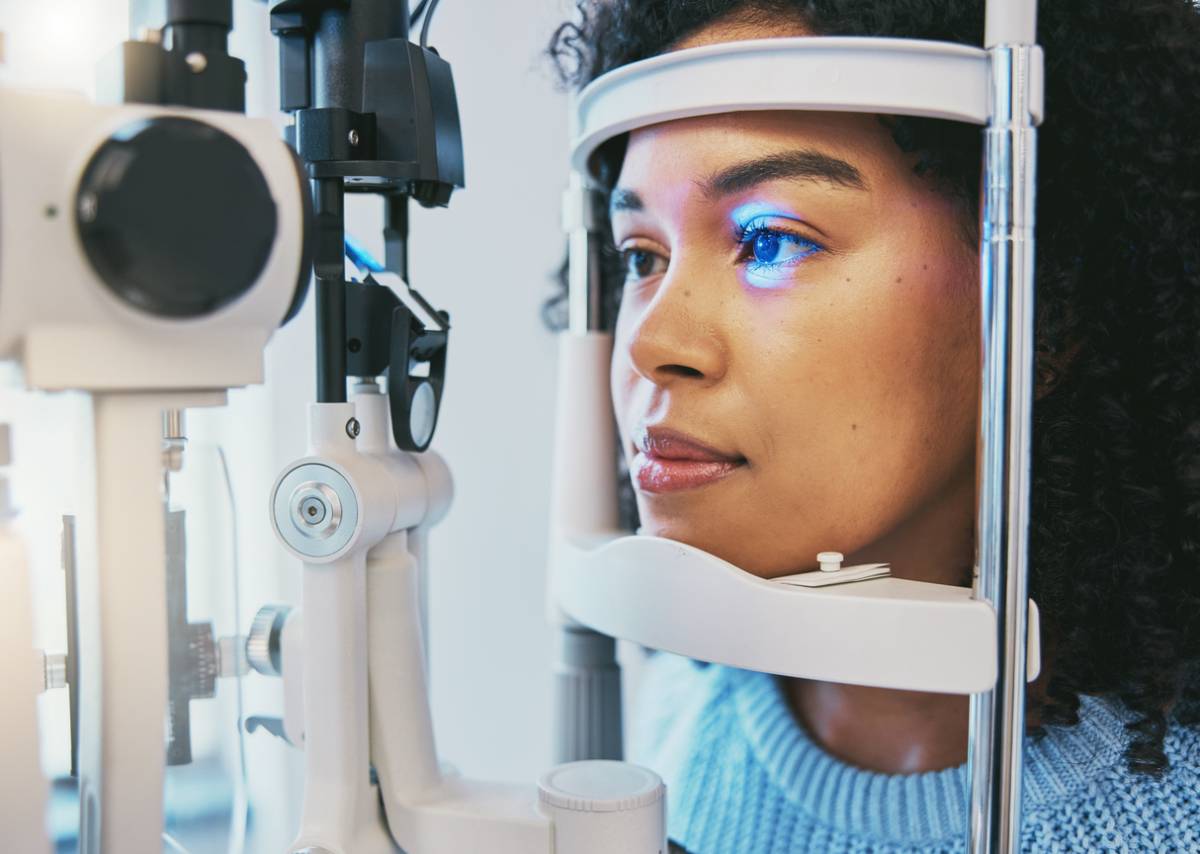Currently, the only way to address cataracts is through cataract surgery. Nevertheless, before having the procedure, you need to know for certain what condition is affecting your vision. Today, we answer the questions, “How are cataracts diagnosed?” and “What comes after that?”.
How Are Cataracts Diagnosed?
To have cataracts diagnosed, you will need an eye specialist. You should work with a board-certified ophthalmologist who specializes in this condition. A proper diagnosis includes understanding your condition, including what treatment options would best counter it.
The process typically involves a few steps, including those outlined below.
Consultation: Medical History and Vision Discussion
The process starts with a consultation. Your ophthalmologist should take the time to learn about your unique medical situation. What conditions do you have? Do your parents and family have any genetic conditions? What are some of your potential risk factors?
You can also discuss your vision during this consultation. You will have a chance to explain your concerns and go into detail about any impairments you experience. Specifically, you should mention what symptoms you face and how they interfere with your daily life.
Visual Exams
Next comes one or more visual tests. Together, these tests provide valuable information about your eye health and function.
Visual Acuity Test
You have likely encountered a visual acuity test before. The name refers to when you look at an eye chart and read the symbols (often letters) listed on it. This test effectively allows your doctor to gauge how well you can see from specific distances. Any significant changes from a previous eye exam can be good evidence that your eye health is worth looking into further.
Slit Lamp Exam
During a slit lamp exam, we use a focused source of light to illuminate and peer into the eye. The tools used in this examination allow your specialist to clearly see the eye’s structures and check for any abnormalities.
Many would say that the light feels too bright during the exam, but it is entirely safe for the retina. You may notice a small black spot on your vision afterward. But this should fade within a matter of minutes.
Pupil Dilation
Your specialist can dilate your pupil with medical eye drops. These drops keep the pupil open and allow for a better view of the eye’s structures. Normally, your pupil will contract and relax according to your environment’s brightness to regulate the amount of light that can enter the eye and provide visual information. After your visit, you may need to wear an eye shield to prevent your eyes from discomfort from bright lights.
Drawing a Conclusion
Your specialist will analyze the results of your exams and draw a conclusion based on them. Many people may be surprised to find their vision deficits are due to cataracts rather than myopia or other causes. In fact, many patients come in asking for LASIK only to find they actually need cataract surgery. After treating cataracts, the improvements patients notice can be striking.
After Your Diagnosis
Once you know you have cataracts, you can then address them. Modern medical techniques now allow for fascinating ways to address cataracts. Surgery will involve removing the clouded lens from the eye and replacing it with an artificial one. These artificial lenses can last a lifetime. Furthermore, unique lens options, like the light adjustable lens, are available.
How Often Should I Be Checked for Cataracts?
While cataracts are a significant issue, they are not very common in younger patients. Patients under 60 may only need an exam if they start noticing symptoms. Still, we generally recommend patients see their eye doctor every 1 to 5 years, depending on age and eye health.
However, as you age, you should visit a specialist once every year. Fortunately, cataracts are relatively easy to catch. Patients who have yearly visits already (for example, to update their prescriptions) can have an easier time getting diagnosed.
We recommend booking an appointment if you begin noticing any changes to your vision. Whether you have cataracts, myopia, glaucoma, or anything else, you have a better chance of protecting your vision if you get a diagnosis sooner rather than later.
Discover Renewed Vision with a Leading Specialist
Call Advanced Eye Medical today and ask about their laser eye surgery options. Their doctors provide specialty services for restoring visual acuity at any age.

